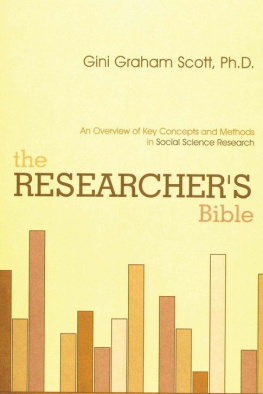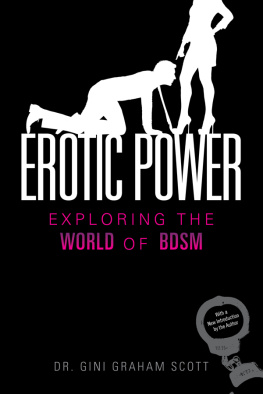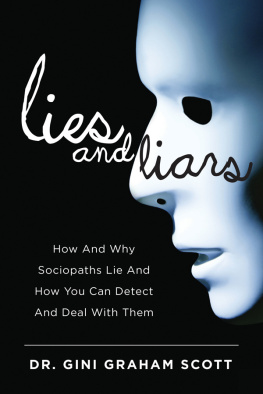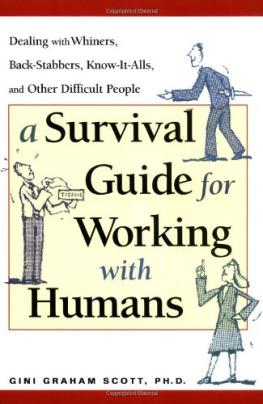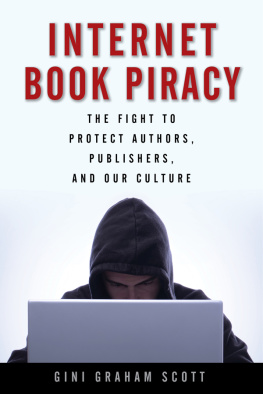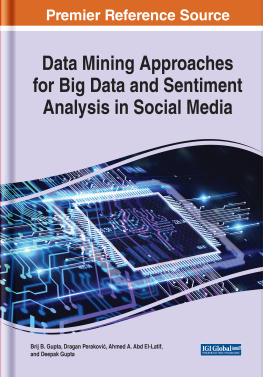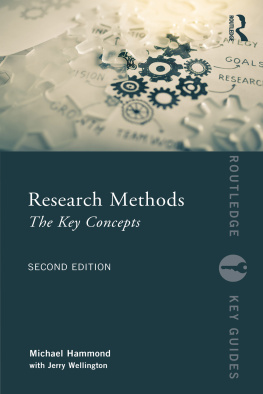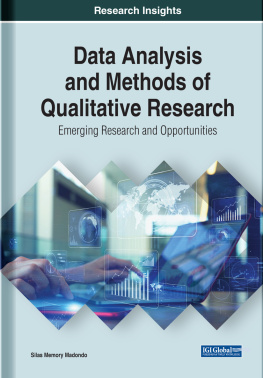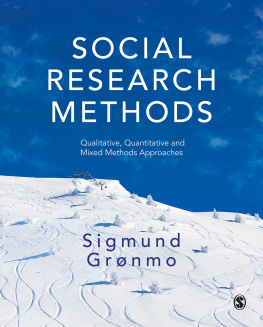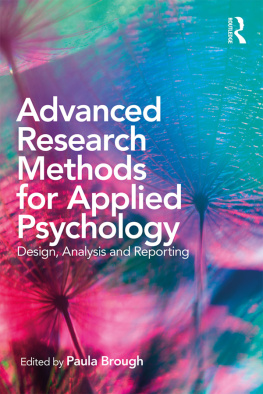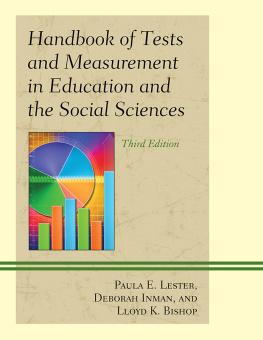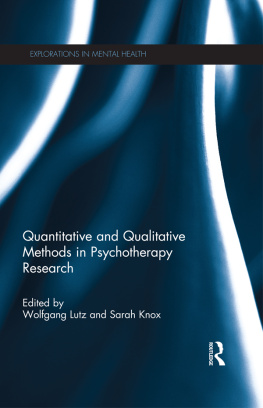The Researchers Bible
An Overview of Key Concepts and
Methods in Social Science Research
By
Gini Graham Scott, Ph.D.
Copyright 2012 Gini Graham Scott, Ph.D.
All rights reserved. No part of this book may be used or reproduced by any means, graphic, electronic, or mechanical, including photocopying, recording, taping or by any information storage retrieval system without the written permission of the author except in the case of brief quotations embodied in critical articles and reviews.
Booktango books may be ordered through booksellers or by contacting:
Booktango
1663 Liberty Drive
Bloomington, IN 47403
www.booktango.com
877-445-8822
ISBN: eBook 978-1-4689-0022-4
Contents
INTRODUCTION
THE RESEARCHERS BIBLE provides an overview of the major social research methods and when to use different approaches. It offers a quick summary of the different possible approaches and their major advantages and disadvantages, so a researcher can better decide which techniques to use for a particular project. As such, it makes an ideal supplement to more comprehensive research books used by professors, students, and researchers in the social sciences to summarize the main concepts and methodologies in the field. The book might also be a useful guide for professionals to give to clients to explain the different research procedures, so the clients understand why a researcher wants to use a selected technique.
The topics covered include:
-the contributions of different disciples,
-different research approaches,
-using observation,
-qualitative and quantitative research methods,
-the main sampling methods and their advantages and disadvantages,
-the best sampling techniques for different types of research projects,
-major statistical concepts and data analysis techniques,
-the most useful statistical methods for different types of research
The book is divided into four sections:
-an overview of the research process,
-using qualitative and quantitative research methods
-using sampling methods
-analyzing study results.
Research is based on discovering something that is previously unknown, and it is a tool or technique used by science to increase human knowledge. If it is scientific research, it is designed to follow the rules of science which are based on logic and reason. To this end, it systematically looks at evidence and assesses how valuable it is to add to the knowledge about a particular subject matter. Another characteristic of research is that it should be possible for others to replicate the research and achieve similar results if it is practical to conduct another study.
To some extent, any social research can be based on this scientific model. However, since social research is the study of people and their behavior, the scientific model has to be adapted to take into consideration that people are less predictable. Also, when study subjects realize they are being researched, they may adapt their behavior, such as to conceal any negative attitudes and behaviors and present themselves in a positive light. Then, too, the research of subjects is affected by the culture and social norms, values, beliefs, and expectations of their own culture. Thus, for all these reasons, social research studies may not be replicable, as is the case for scientific studies.
However, social research differs from regular reporting and journalism in that it is designed to follow scientific rules and contribute to and build on knowledge in a particular area. Research also differs from journalism in that it describes patterns and explains them based on looking at multiple cases of some phenomenon. Another distinction is that social research involves drawing inductive conclusions from a series of facts or starting with a hypothesis and deducing conclusions based on whether a hypothesis can be proved or not.
Another difference from social research is that journalism looks at particular cases of something to report a news story. Also, journalism tends to look for whats new or novel, and it features differences or unusual examples of something to attract reader or viewer interest. Journalism is also often transitory, as journalists leap on one story after another, as the news changes from day to day, whereas researchers seek to contribute to a particular body of knowledge. In some cases, journalists may report the results of research as a story of interest to viewers or readers, but journalists generally do not conduct the research themselves to find the patterns and explanations; they generally report what researchers in a field of study have done.
Much social research differs from program evaluation in that most social research is descriptive or explanatory. As such, this research is used to find out or describe what is, based on looking for behavior patterns and trends, such as the participation over time in an activity by different groups of people. By contrast, explanatory research is used to explain why certain patterns have occurred; and it uses these findings to predict what might be.
While program evaluation is a form of research, it uses research methods to study how well a particular policy or program is doing, it is focused on assessing the success or effectiveness of a current program and making recommendations based on study results, such as whether to continue a program or end it. Another difference between program evaluation and other social research is that much social research is conducted by independent researchers according to accepted methodologies, whereas a program evaluation is not always done by an independent researcher. Rather it is often undertaken by the agency or organization seeking the evaluator is conducted in response to political factors, so that the results might be influenced by the agency or organization heads or by government officials. This influence can occur because the results of the evaluation can determine whether a program continues to get funding or whether an agency or organization head will continue to lead the agency or organization a situation I experienced when I worked as an evaluation researcher for several criminal justice organizations for two years. Since I was being paid by the organizations being evaluated a clear conflict of interest, I had to adapt my results to satisfy the heads of the agencies.
It is important for graduate students and professionals to understand or conduct research for several reasons.
Graduate students need this ability, since they will often have to cite research in writing papers or doing projects. They need to be able to understand the results, so they can build on this information in doing their own research. They should also be able to evaluate how the research was done to assess the value of the research results.
For example, if a study is badly conducted, this can call into question the validity of the results. Graduate students also need to understand research to design their own studies and shape their research designs. This ability is especially important for students interested in academic careers, because they will normally be expected to conduct research studies and publish the results in peer reviewed journals. Their peers will be critical of how well they have done the research supporting their results.
Professionals need to understand research to help them with their day to day work in their social science field, such as if they want to conduct or commission research to look at who is participating in their programs or how to expand their programs to other geographic areas. If they design the research effectively, they will gain accurate results they can use to make effective decisions on running or expanding their programs. They may also want to look at the research results of others in their field to look at the patterns and trends discovered to help in making decisions about their own programs. Understanding how the research was conducted by others can help them assess the accuracy of the results, and they can use this assessment to guide their own decisions.
Next page
